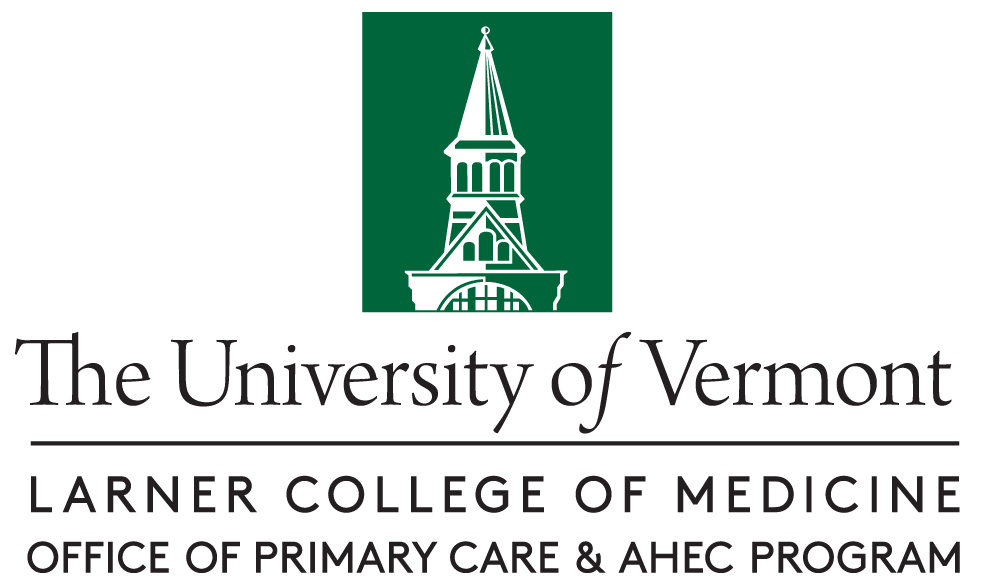
UVM AHEC
Document Type
Poster
Publication Date
2022
Focus Area
Social Determinants of Health
Abstract
Background: Medical repatriation is the practice of returning patients to their country of origin when they have major medical problems. Forced repatriation, or “medical deportation”, disproportionately affects undocumented individuals. This project aimed to assess the prevalence of medical repatriation in Vermont, identity factors that lead to it, and recommendations to prevent it.
Methods: Interviews were conducted with ten stakeholders including physicians, lawmakers, and advocates for undocumented patients. Team members then analyzed interview transcripts for major themes.
Results: This study did not uncover any occurrences of forced repatriation. Qualitative themes included: lack of awareness about medical repatriation, inability to track medical repatriation, social/legal barriers to care among undocumented individuals, and suggestions to prevent medical repatriation. This work also revealed current legislative initiatives focused on healthcare for undocumented individuals.
Conclusion: Medical repatriation is not prevalent in Vermont. However, the increasing number of Vermonters with varying legal statuses in conjunction with rising hospital costs may precipitate economic stressors that put vulnerable patients at higher risk for forced repatriation. Moving forward, efforts may focus on protecting against this event with more inclusive health care coverage and improved clinician awareness about available assistance programs.
Creative Commons License

This work is licensed under a Creative Commons Attribution 4.0 International License.
Recommended Citation
Dominque, Olivia; Knight, Kelly; Krishnan, Aathmika; Little, Kassondra; Maxim, Clara; Toro Alvarez, Sofia; Urie, Patti Smith; Pasanen, Mark MD; and MacLean, Charles MD, "Medical Repatriation in Vermont: The Current Landscape and Recommendations" (2022). UVM AHEC. 2.
https://scholarworks.uvm.edu/uvmahec/2
Included in
Community Health Commons, Medical Humanities Commons, Primary Care Commons, Quality Improvement Commons


Comments
Poster presented at the Annual NNE CO-OP PCBRN Meeting on January 28th, 2023 in Stowe, Vermont.